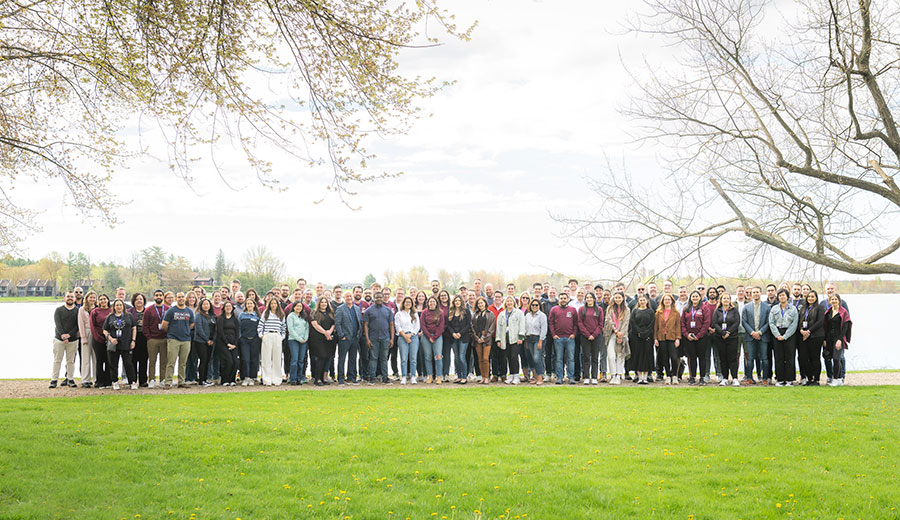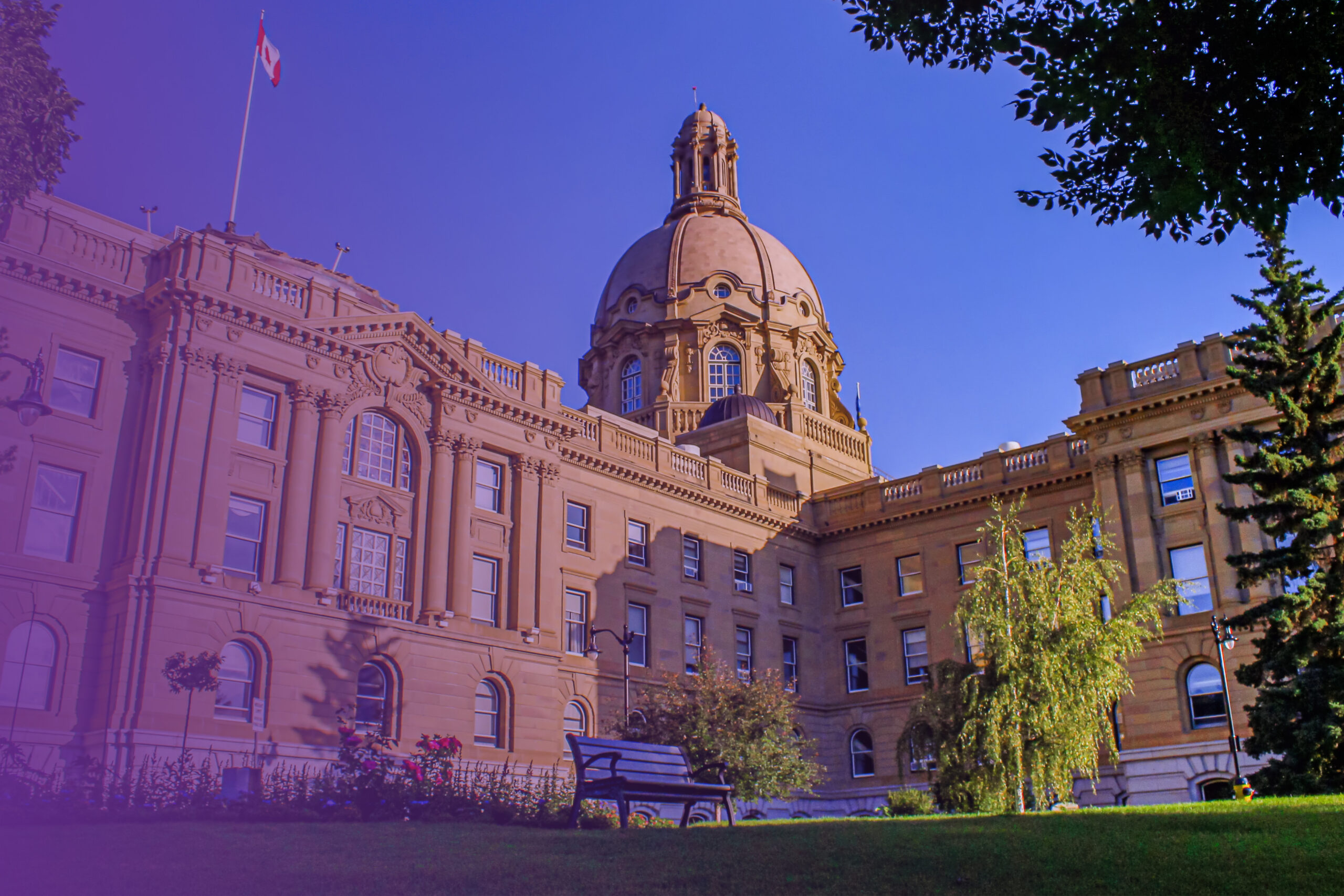The New Brunswick election is now in full swing, with just over three weeks to go until the October 21 election.
The election is a too-close-to-call race between the PC and Liberal parties, with recent polls showing a dead heat in popular vote projections.
Premier Blaine Higgs, PC MLA for Quispamsis since 2010 and a former Irving executive, is going for a third term, a rarity in New Brunswick, which has a history of one-term Premiers and has not seen a leader win three consecutive elections since Liberal Premier Frank Mckenna (1987 to 1997).
His main challenger is Liberal leader Susan Holt, who became leader in 2022 in a tight leadership race, and then won a seat in the legislature representing Bathurst East-Nepisiguit-Saint-Isidore in a 2023 byelection. She is now running in her hometown of Fredericton, in the newly created South-Silverwood riding.
Holt is a relative newbie to electoral politics. Her background is in technology business, human resource management, and a stint as the CEO of the Fredericton Chamber of Commerce and the President & CEO of the New Brunswick Business Council. She is hoping to become the first female Premier in New Brunswick’s history.
Key Issues
Earlier this week, the two leaders – as well as Green Leader David Coon – faced off in Moncton for debates in both English and French, where they sparred over a range of subjects, including health care, housing, Indigenous title claims, and the gender identity policy for schools.
The PCs are hoping to make this election about their fiscal and economic record, where record population growth has led to improved finances, balanced budgets, and economic growth. The PCs signature campaign promise is a large tax break, cutting the HST from 15% to 13%, in an effort to address cost of living concerns.
The Liberals, meanwhile, are focused on healthcare – the top issue of concern for New Brunswickers – and a campaign on change. They want the ballot box question to be a referendum on Blaine Higgs’ leadership, who has the lowest leadership approval ratings (30%) of all provincial Premiers.
Regional and Federal Dynamics
With the election being so close, the result will come down to a handful of ridings in the urban centres of Moncton, Saint John, and Fredericton.
Both parties have traditional regional strongholds, with the Liberal party dominate in the northern/francophone ridings, and the PCs stronger in the southern/anglophone ridings. Whoever wins the election will need to preserve their traditional strongholds and win the balance of seats in urban centres.
Recent polling suggests that the Liberals hold the advantage in the Moncton area, and the PCs hold the advantage in the Saint John and Fredericton areas.
The Saint John region, however, has seen the majority of PC incumbents leave cabinet/caucus or decide to not run again, meaning candidate name recognition and local teams will be diminished for the PCs. The Saint John region also includes two former PC members now running for the Liberals – Bruce Northrup in Sussex-Three Rivers, who was a former PC MLA and cabinet minister (2006 to 2020) and John Herron in Hampton-Fundy-St. Martins, who was a former PC Member of Parliament for Fundy Royal (1997 to 2004).
In Fredericton, the role of third parties will be a major factor. Green Party leader David Coon has been MLA for Fredericton South since 2014 and is expected to win again. In the 2020 election, the People’s Alliance of New Brunswick won two seats in the Fredericton region, yet those MLAs joined the governing PCs in 2022 and are now running under the PC banner. Will new People’s Alliance candidates split the vote on the right, or will the Greens present challenges for the Liberals in these crucial Fredericton ridings – time will tell, but Fredericton could determine who wins on election night.
Another major factor is how federal political dynamics will impact provincial voters. Across Atlantic Canada, support for Prime Minister Justin Trudeau and the Liberal Party of Canada is plummeting while support for Conservative leader Pierre Poilievre is soaring. Premier Higgs will attempt to link Susan Holt to Justin Trudeau and the unpopular federal carbon tax, while Holt will attempt to create distance, having already come out against the carbon tax.
Expect Change, No Matter Who Wins
No matter the outcome of the election on October 21st, New Brunswick will see substantial change and a new set of faces around the cabinet table.
Over the past year, Higgs has been mired in controversy with his own caucus over his leadership style and social issues, in particular Policy 713, an education directive related to the use of preferred pronouns in schools. Since that time, over a third of the PC caucus has either resigned or decided not to seek re-election, including high profile cabinet ministers such as Trevor Holder (post-secondary), Dorothy Shephard (health), Mike Holland (natural resources), and Daniel Allain (local government).
There is also a real possibility of the Green Party holding the balance of power in a tight election, with leader David Coon already indicating he is working on a “list of conditions” to secure his support in a minority government.
Above it all, the New Brunswick population has also rapidly changed since the COVID-19 pandemic, seeing its largest ever population increase and the average age of the population decreasing for the first time in over 60 years. Moncton – a bilingual community – has the second-fastest-growing metro population in the country. This new electorate has not yet been tested, and their voting preferences could shape the next government and its priorities.
There are 49 provincial constituencies in New Brunswick, 17 of which have francophone majorities, and 31 that make up the urban centres of Moncton, Saint John, and Fredericton. In order to form a majority government, a party must win at least 25 seats.
To discuss what the next government might mean for your organization, contact Senior Consultant Jon Robinson, a New Brunswick native.



